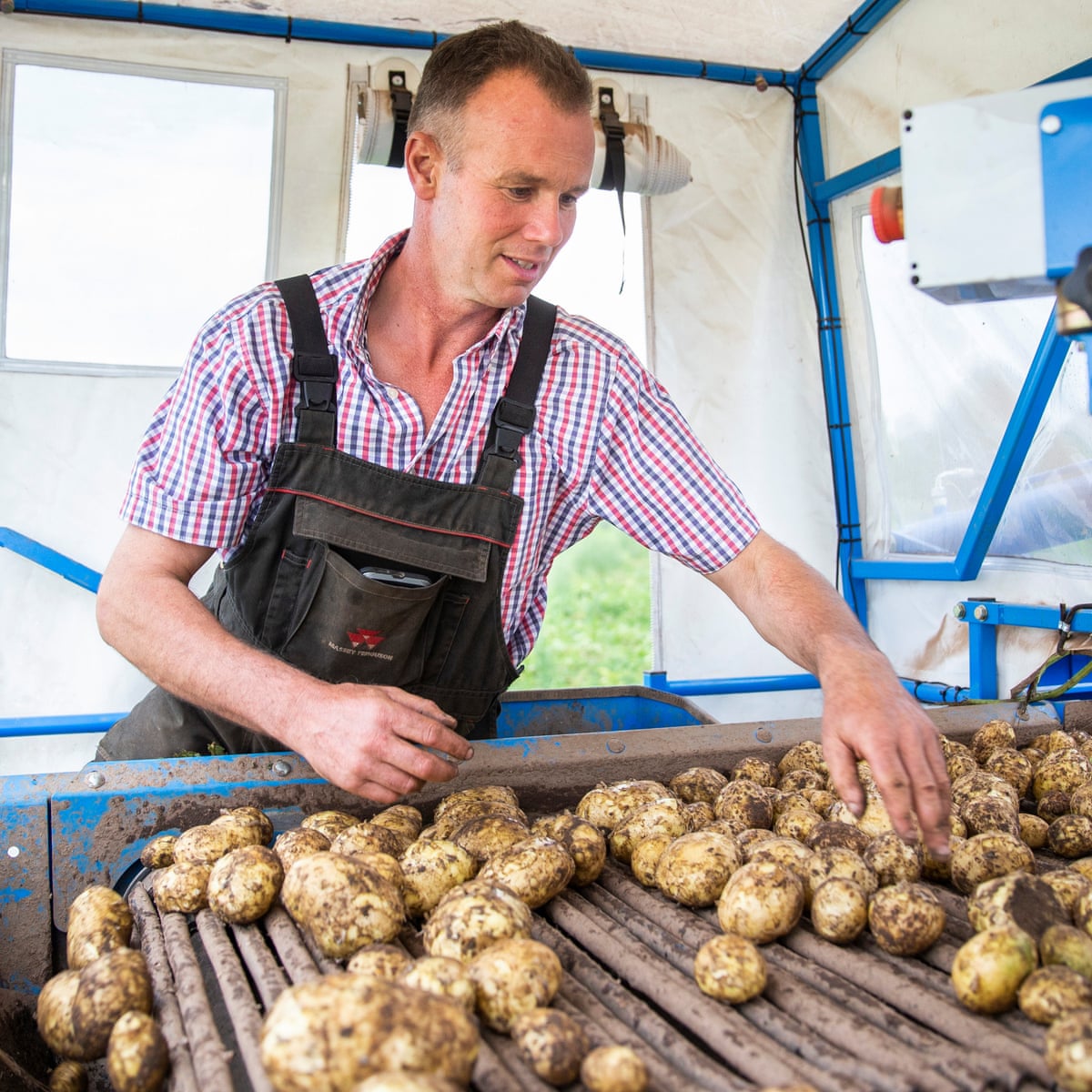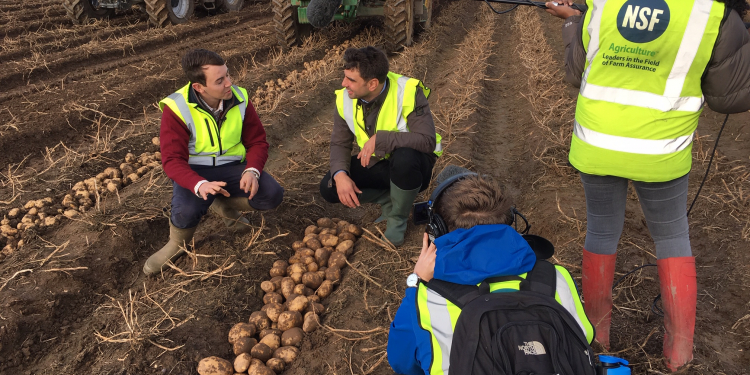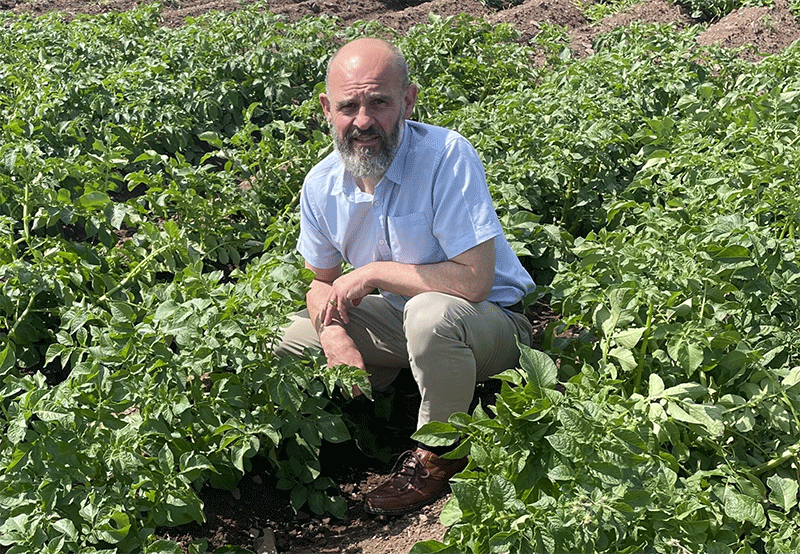Although we are nearing the end of a uniquely testing year, British farmers will have more challenges to face in 2021 says Gary Ford, regional director for the National Farmers’ Union (NFU).
There are lots of adjectives we could use to describe 2020, but unforgettable and unprecedented are two that spring to mind. The impact of Covid-19 has been profound and extremely challenging for all of us, whether that is in terms of the market disruption or how we have had to live our lives.
This disruption continues. However, we can take heart from the way agriculture has responded to the challenge of feeding the nation during a national crisis, when retail shelves were cleared as consumers panic-bought for what they anticipated would be a shortage of certain foodstuffs.

Not only can we take heart, but there is no doubt that the “brand” of UK agriculture has emerged from this crisis with its reputation intact and, indeed, significantly enhanced.
This is reflected in the various surveys that the NFU has carried out but there is no greater evidence than the one million-plus signatures that our food standards petition attracted in only a few short weeks, as the importance of UK food production standards was appreciated by our customers.
This petition was supported by an unprecedented coalition of all farming organisations, animal welfare experts, environmental NGOs, politicians, alongside chefs and celebrities, including Jamie Oliver. It demonstrated how deeply people care about the food they put on their plates.
They care about animal welfare standards and environmental protection and they trust in British farmers and retailers to ensure an abundant supply of safe food. As a result, the government not only established a Trade and Agriculture Commission, but also agreed to place it on a full statutory footing, giving farmers a much stronger voice in UK trade policy and helping to protect our world-leading food and farming standards in future trade deals.
It has rightly been described as a landmark decision but it is not the end of the battle.
There is no point protecting our standards if farmers cannot source the labour and the water they need to grow our food, if they lose the means to protect crops such as sugar beet from pests and diseases, and if new ways of supporting farm businesses leave many of them unviable. These are some of the immediate challenges the NFU will be tackling in 2021.

However, alongside these, British farmers are on the frontline in tackling arguably the greatest environmental challenge facing us all, climate change. Farmers are proud to produce world-leading ingredients and climate-friendly food, while protecting and enhancing our natural environment, but they want to do more.
The NFU has set an ambition for farming to reach net-zero by 2040, and our farmers have taken this challenge head-on. It is encouraging to see so many British farmers in Norfolk and Suffolk taking the pledge to reach net-zero, outlining the positive steps they are taking to achieve this goal.
We have an enormous opportunity for the UK to help lead the green recovery. We can become even more productive and sustainable by focusing on the health of our soil and driving productivity to produce food in smarter ways, which bring down our emissions.
Farmland can be used to store carbon and new technology, science and innovation can all help the industry reach this ambitious goal. As we head into 2021, farmers are ready and able to tackle the challenges ahead.
They want to make the most of new opportunities to improve productivity and animal welfare, to encourage innovation and to realise our ambition to produce more sustainable, climate-friendly food – food that’s available for everyone.







